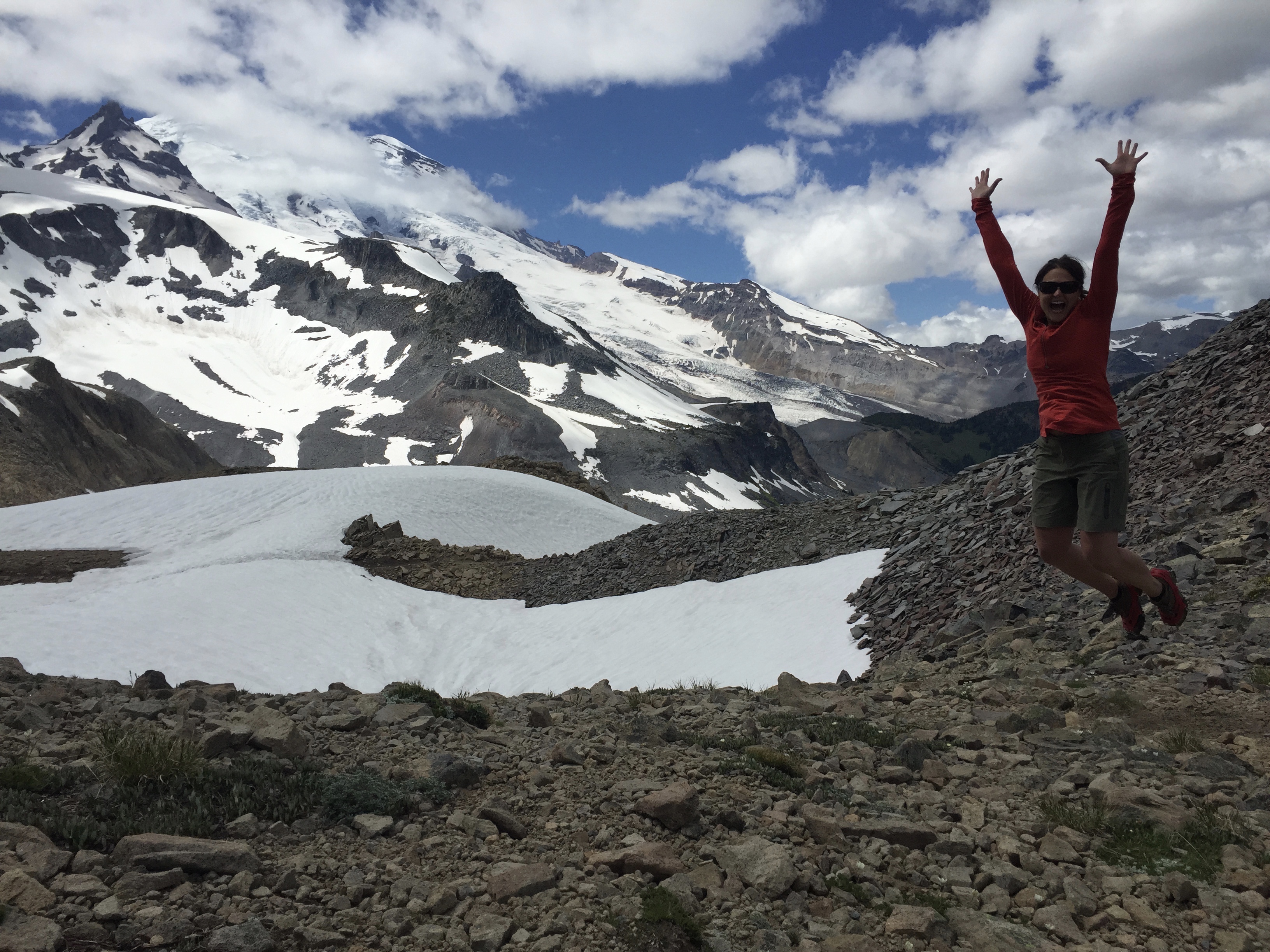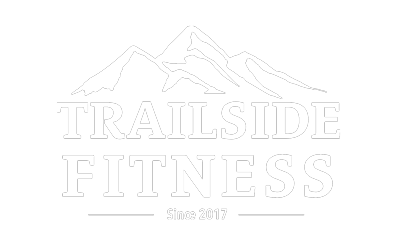Each year, Halfway Anywhere puts out a fantastic PCT hiker survey. While preparing for the PCT, it was a huge resource for me. One of the things that stood out to me is the number of hikers that never finish due to injury, and things hikers wish they would have done differently.
Regardless if they finished their hike or not, just about every year, hikers reflect that they wish they would have eaten better and trained more. This really struck me. With a pretty large sample size each year, survey respondents kept saying the same thing. I took their wisdom to heart.
Download the free article on ways that you can improve your odds of being successful during your through hike!
 I respect hikers who don’t finish and are willing to share their honest experience. It takes a lot of humility and grace to admit your hike has ended. Hikers tend quietly disappear and hope no one notices they aren’t posting on social media anymore.
I respect hikers who don’t finish and are willing to share their honest experience. It takes a lot of humility and grace to admit your hike has ended. Hikers tend quietly disappear and hope no one notices they aren’t posting on social media anymore.
In the spirit of “sharing is caring” I bring you this post from various sources; hikers who were not successful during their hike but are openly sharing why. Learn from them! Experience is the greatest teacher and these hikers have been to class.
From: Marie Away
1. OVERESTIMATING MY PHYSICAL CAPACITY
“When it comes down to it, how you treat your body matters in these situations. Most people don’t pick up running one week and then do marathons the next. There’s a certain amount of training that is called for.”
From:Â Sprinkles Hikes
“Many people attempting a thru-hike are complete newbies to the world of multi-week backpacking trips – myself included. Â For me, I trained for my thru hike and started my hike with bigger hiking days, 15-20 mile days. Â Many people do not do this and think that a thru-hike is a lot like a day hike.”
“I mean, a lot of people can do a 15 mile day hike with no problems! They go big too early and end up with a common hiking injury. Â Shin splints, sprains, strains, and exhaustion are all very common in many new hikers. Â Unfortunately, many hikers don’t let their injuries properly heal and end up re-injuring themselves pretty quickly. Â This definitely ends a lot of hikes!”

From: White Blaze Forum
“In 04 I had to quit for injury after 700 miles. Got a stress fracture in my foot and bursitis in my knee. The weight of my pack (45-50 lbs.) mostly contributed to it, and the weight also made me dread every grueling ascent.”
“Still wanting to thru-hike, in 05 I got new gear and cut my weight down to 23 lbs. fully loaded. Knowing all that extra gear and clothing I didn’t need to take also helped. That light pack was a big factor in my successful thru that year.”
“I started in ’04. made it about 1100 miles to the 501 Shelter and had to bail because of a really bad stress fracture. Pushed too hard, too early, and to fast. Finally hit me there.”
Nutrition. After I realized I wasn’t going to have the funds to make it the whole way I started buying the same cheap meals for every day. It’s so important to feed your body well when you’re burning 5000 calories a day. Eating in town is where you’re going to get the best food for your body. This a huge reason why money is so important.”
Trust me, the lighter your pack the better your hike will be. When trying to thru-hike you have to eliminate as many threats to injury as possible. One wrong injury and your hike is over. Carrying too much weight has got to be one of if not the biggest factor for injuries.”
Some people might not fully understand how physically demanding the trail is. That hiking up and down mountains on a rugged trail isn’t like their daily stroll through their city park. It can be and will be at times mentally and physically exhausting.”
Injury: This one is a little fuzzy. Some people get indisputable hike ending injuries: doctors orders to not walk for 6 weeks and it’s basically over for the year. Others need to stay off their feet for a few days and it’s the last straw that causes them to drop….Injuries happen a lot at the beginning and take people off slowly but steadily after that.”
I always advise hikers to start early & start slow. Hikers who start with 20 mile days and try to sustain that are the ones most likely to be off the trail in the first few hundred miles with stress injuries.”
From:Â Trekking The Planet
By the time we reached Julian, California (at mile 77), we noted that some hikers stopped there, not because they had planned to, but because they were injured or had severe blisters from overdoing it the first few days.

In sum, training is important, pack weight matters, starting slow and food choices matter. Hikers spend valuable pre-hike time debating their pack choice, what size cup to buy or what water filter to go with.
Those details don’t make or break a hike.
It’s the training and nutrition that matters. Your body is the most important piece of gear you have! Spend time training and preparing to maximize your odds of success. Plan to eat healthier (it’s easier to do than you think!) and stop stressing the small details.
Be sure to like our Facebook page and follow us on Instagram and Twitter!
You can reach me info@trailsidefitness.com with any injury issues, past or present that you feel will impact your hike. Training questions are also welcome – I am happy to help!

Recent Comments